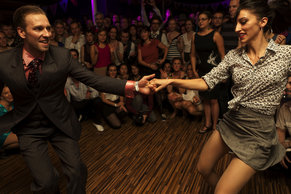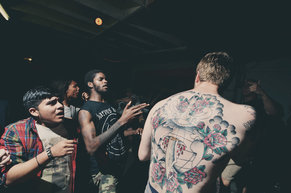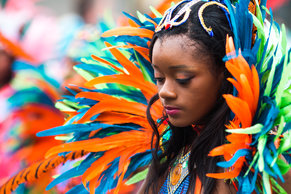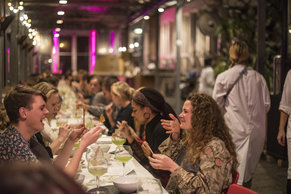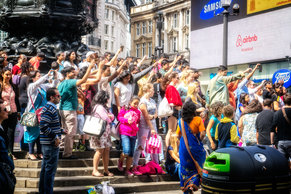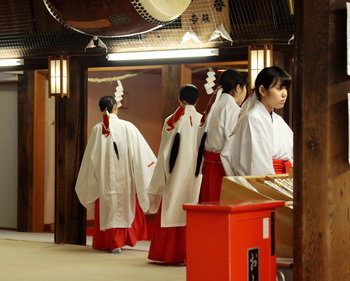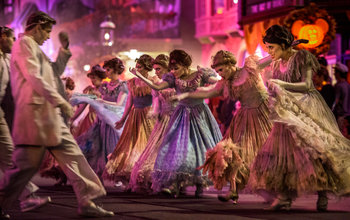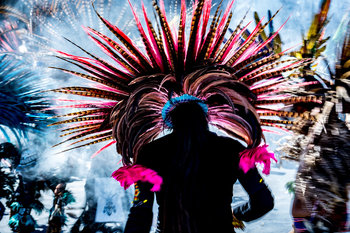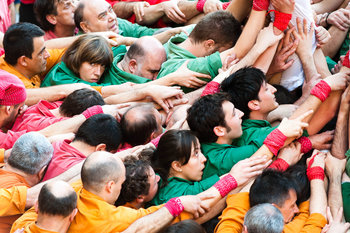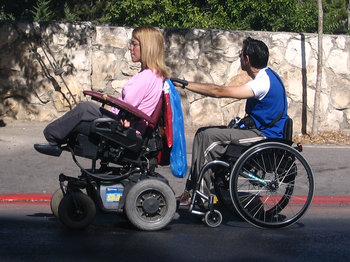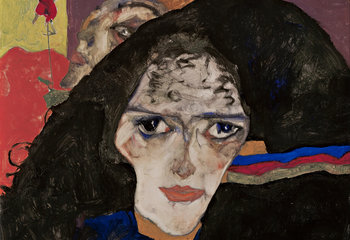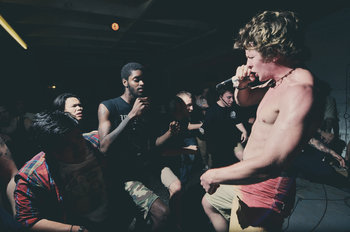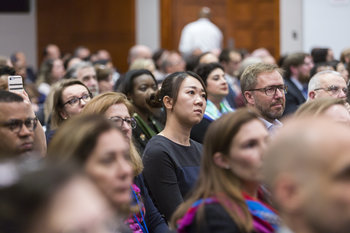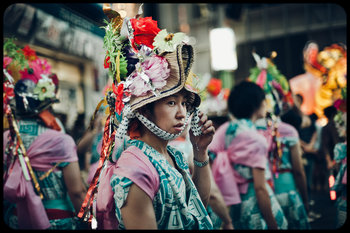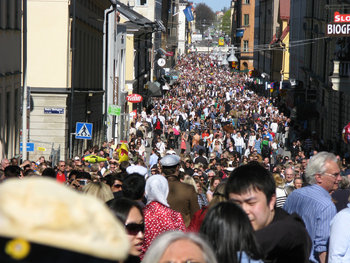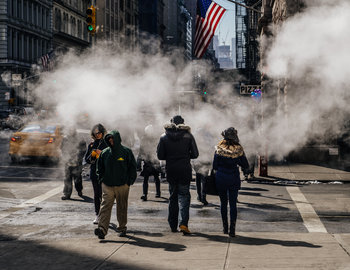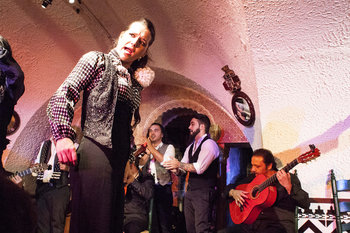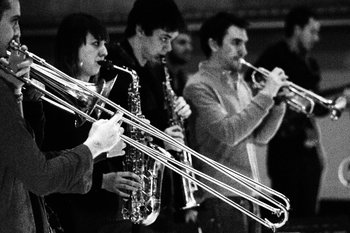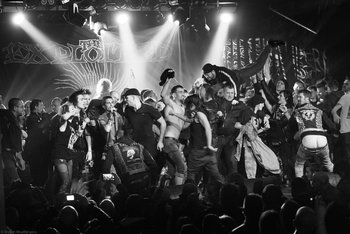|
| |
Human culture are the meanings and understandings that emerge with the shared experiences of groups. Culture emerges without anyone directly controlling it. This can be contrasted with systems such as a society that are implemented with a design and plan. The term human culture is a broad term that applies to global culture, national cultures, regional cultures, city cultures, traditional cultures, school cultures, organizational cultures, super cultures and subcultures. The following are illustrative examples of human culture.Accountability | Aesthetics | Architecture | Art | Artifacts | Businesses | Capabilities | Celebrations | Ceremonies | Communication | Comradery | Concepts | Crafts | Customs | Dance | Designs | Enculturation | Entertainment | Epic Experiences | Etiquette | Events | Expectations | Fashion | Festivals | Film | Folklore | Foods | Games | Goals | Habits | Hairstyles | Heritage | Hobbies | Holidays | Humor | Ideas | Identity | Initiation Rites | Institutions | Intentions | Jewelry | Know-how | Knowledge | Language | Leisure | Lifestyle | Literature | Markets | Media | Memes | Music | Myths | Norms | | Pastimes | Politeness | Products | Recreation | Religion | Respect | Responsibility | Risk Avoidance | Risk Mitigation | Risk Taking | Rites of Passage | Rituals | Roles | Sense of Belonging | Sensibilities | Services | Shared Beliefs | Social Groups | Social Status | Socialization | Sport | Stories | Styles | Symbols | Technologies | Traditions | Transportation | Trust | Values | Virtual Experiences | Way of Life | Writings |
|
Type | | Definition | The common behavior of groups that emerges without central control, design or planning. | Also Known As | | As Distinct From | Animal Culture | Related Concepts | |
Culture
This is the complete list of articles we have written about culture.
If you enjoyed this page, please consider bookmarking Simplicable.
© 2010-2023 Simplicable. All Rights Reserved. Reproduction of materials found on this site, in any form, without explicit permission is prohibited.
View credits & copyrights or citation information for this page.
|




